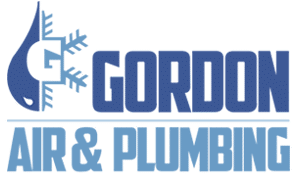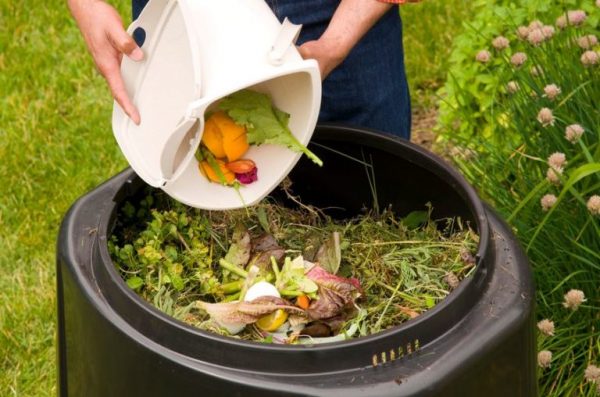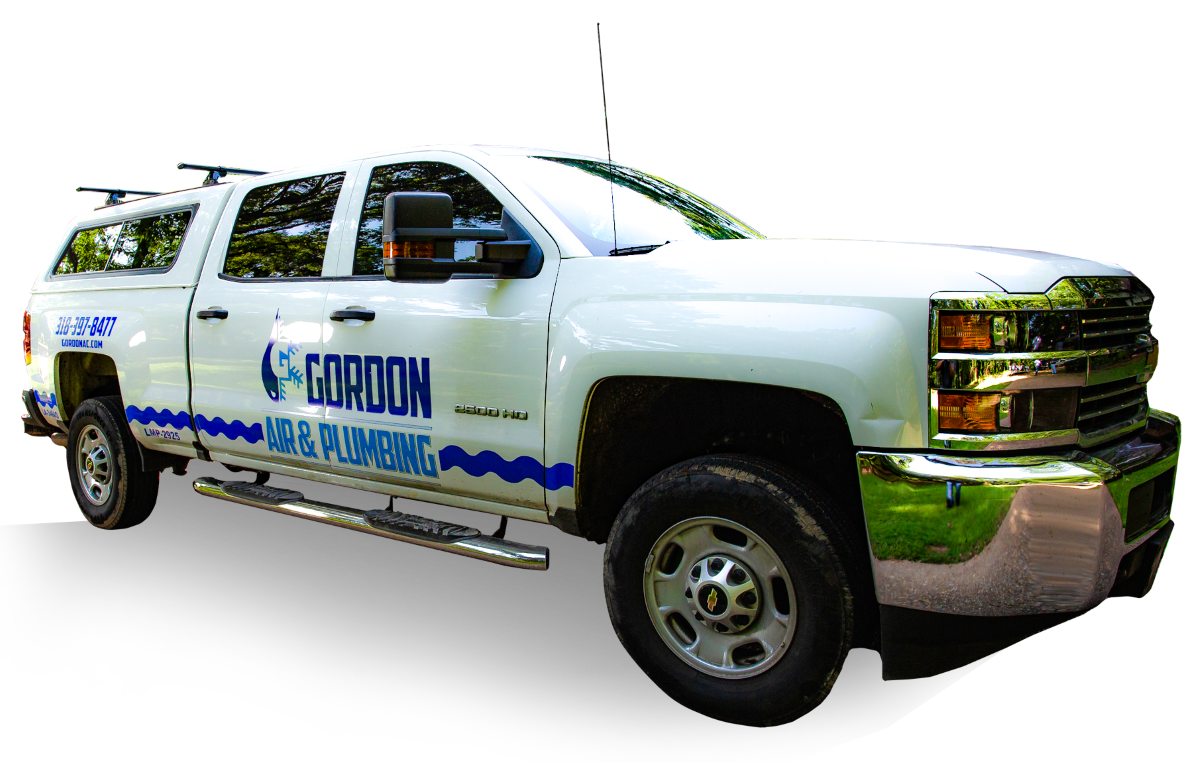Composting has always been viewed as an environmentally friendly alternative to throwing away organic material. But many homeowners are shocked to learn that composting can also help to prevent costly drain clogs in their homes. And while you might think that it will require a lot of extra work on your part, it is not as difficult as you might think. Here are a few examples of how converting to composting will help eliminate drain clogs in your home and save you money on costly plumbing repairs.
Organic Material Clogs Drains
Composting is the best way to ensure that old or left over food is not being dumped in your sink and washed down the drain. Larger pieces of food are often washed into the disposal and will overload the grinder and cause it to jam or break. And that leads to an expensive repair or replacement. Even after food has been ground up by the disposal, the small pieces of food and debris are likely to become stuck in the sticky residue that lines your drain line. Over time, more particles accumulate. And that is when you notice a slow clearing drain and then a complete clog if you do not have the drains professionally cleaned.
Remove Food From Dishes
If you have a dishwasher, there is a screen or filter that should be removing food particles before they enter your drain pipe. But these screens can wear over time and break. When this happens, your dishwasher is dumping food pieces down your drain pipe each time you run the machine. Carefully removing all food from your dishes is the best way to avoid this problem and costly drain clog. Place the food remnants in your composting bin and know that you will not be creating a clogged drain.
When you wash dishes by hand in the sink, there is also a potential for food particles to go down the drain. The best solution is to place a small mesh screen over your sink drain. This screen captures any stray food pieces and is easy to dump into your composting bin after washing dishes. These same inexpensive mesh screens can also be placed in shower and tub drains to catch stray hairs and other dirt particles that could result in drain clogs.
Kitchen Grease
While you will not want to compost used cooking oil, it is wise to pour it into a container for disposal in your trashcan rather than washing it down the sink. Any can or jar with a lid will work, or you can purchase a grease container with disposable liners. Your drains handle a lot of dirt and other waste on a daily basis. And pouring cooking oil and grease down the sink when washing pots and pans will only increase the amount of scum and residue that is coating the inside of your drain pipes. This residue is what snags debris as it washed down the pipes, and begins to form clogs.
When To Call Your Plumber
Even if you are composting, there are other drains in your home that can be the cause of clogs. As soon as you notice any drain in your home clearing more slowly than usual, call (318) 202-9144. A Gordon AC & Plumbing drain specialist will arrive at your home quickly to eliminate any clog that is beginning to form and the nasty residue that would create future clogs.
A professional drain cleaning uses only clear water at a very high pressure to blast away clogs and residue from the inside of the drains from your sinks, tubs, and toilets. We never use any harsh chemicals that could damage your drain pipes, create caustic fumes in your home, and destroy the environment.
Composting is a great way to eliminate many of the materials that clog your kitchen sink drains. But there is another organic matter that you cannot eliminate from flushing down your drains. So it is wise to schedule an annual professional drain cleaning to ensure that the drains in your home function perfectly. Then you never need to worry about a back up that could cause expensive water damage to your home.



